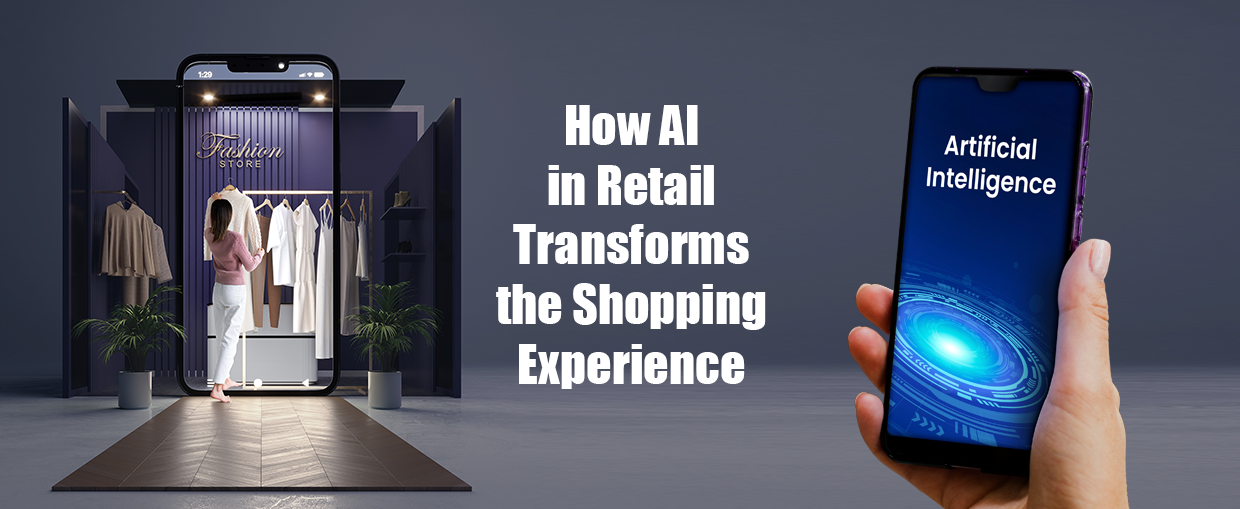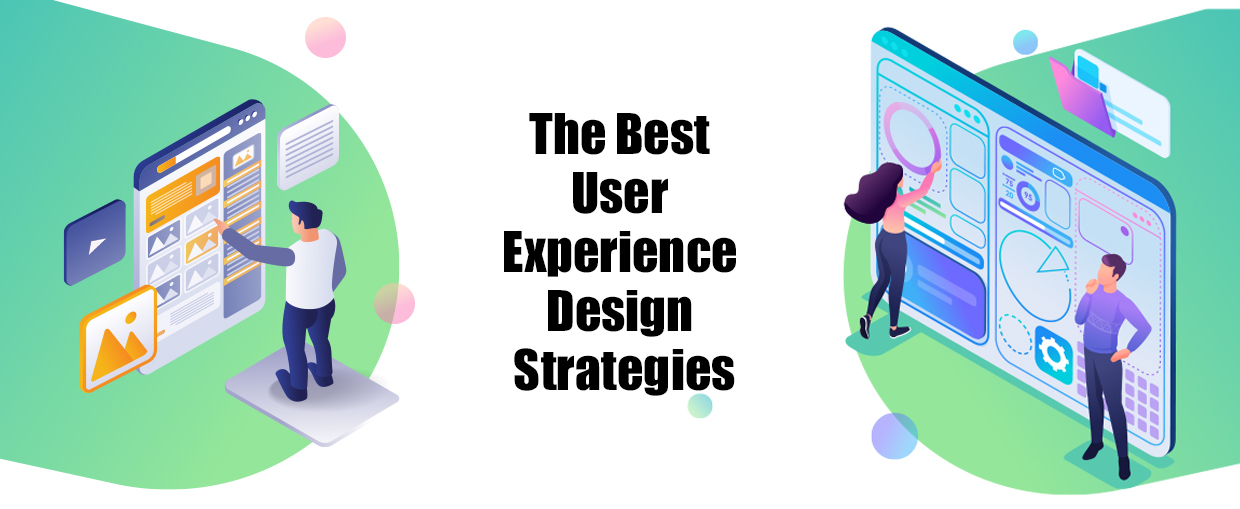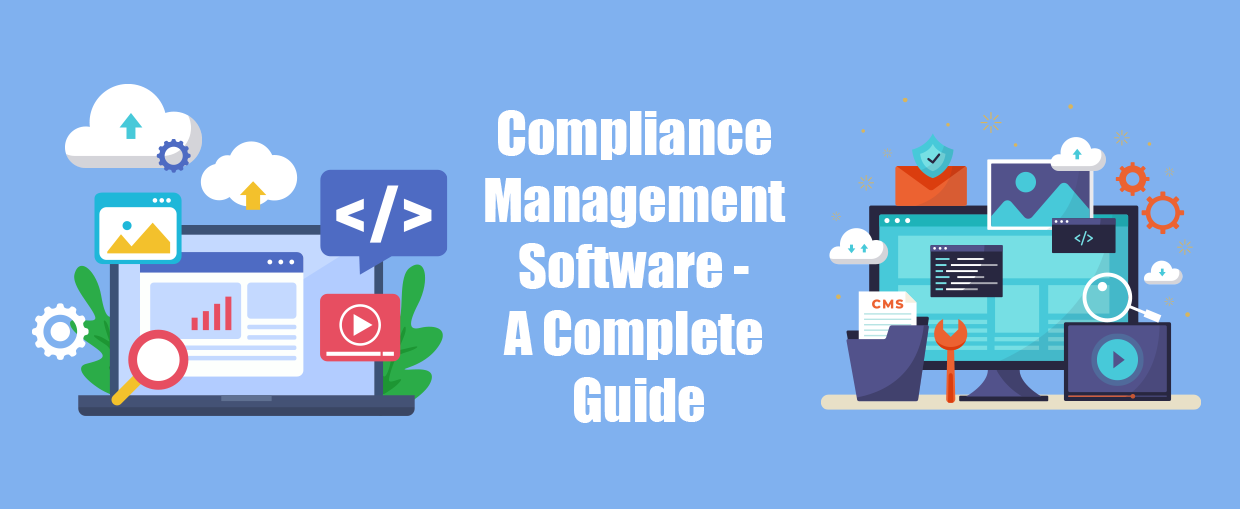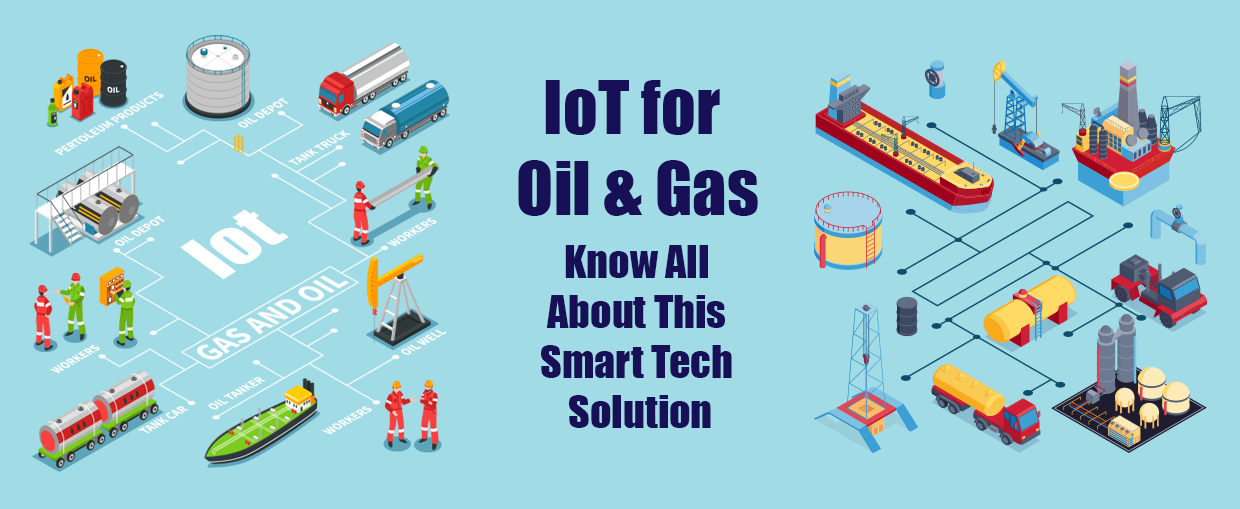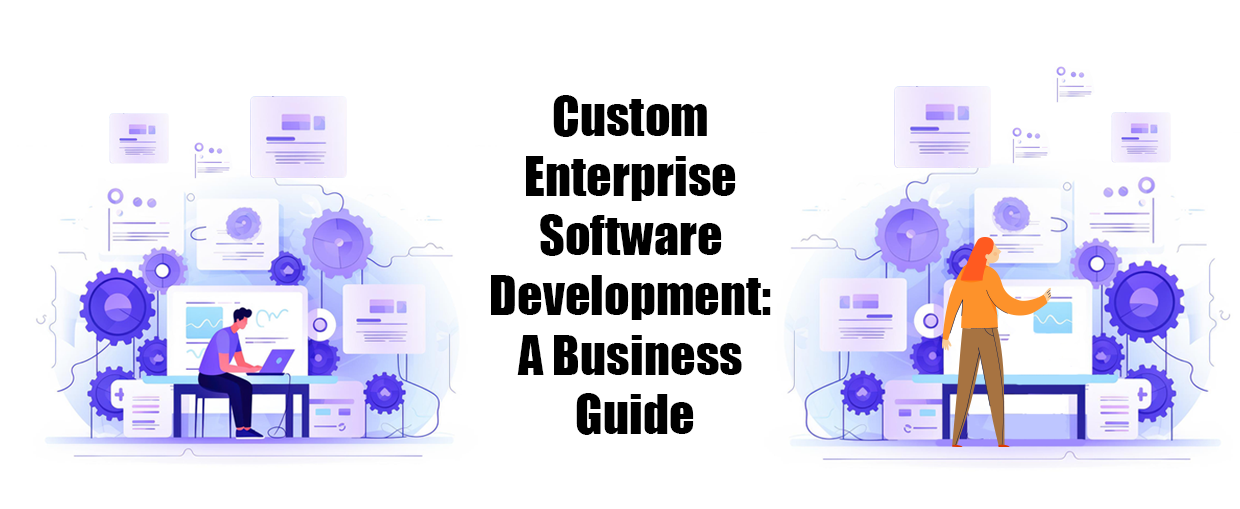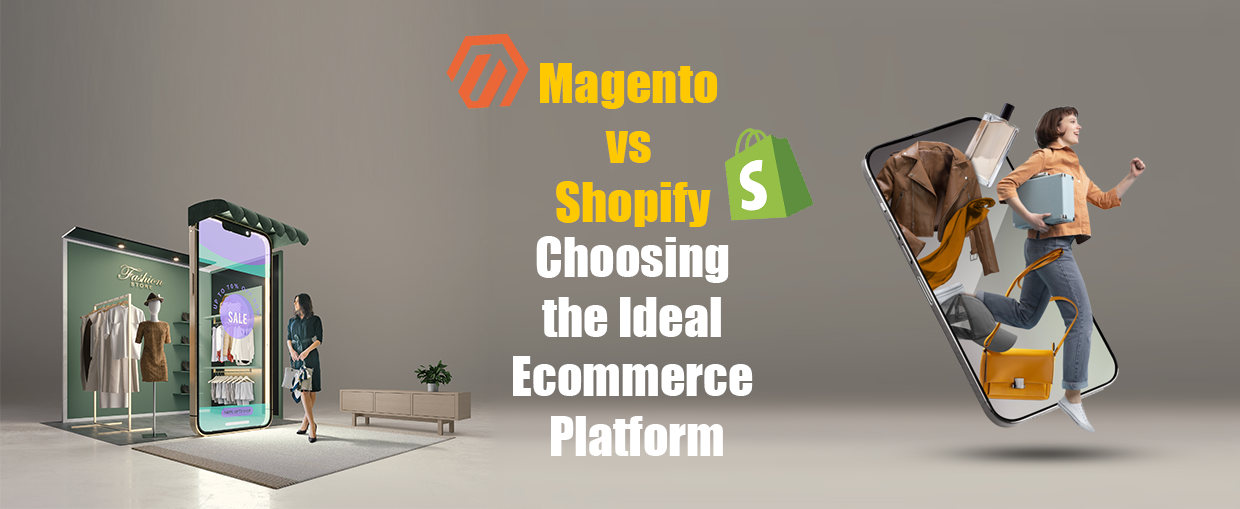Artificial intelligence (AI) in retail is anticipated to rise to a value of billions of dollars in the coming years to support brick-and-mortar, multichannel, and online commerce. These stores will implement the current breakthroughs in AI technology, especially the potential of AI chatbots.
This digital era is a promising one for AI as the technology gains amplified potential and popularity which in turn makes it leverageable among global organizations. Every professional software development company uses this tech in their ecommerce development services, app development services, software quality assurance, and more. This helps retail business owners increase productivity, enhance customer satisfaction, achieve better product selections, increase revenue generation, and more.
AI is also capable of providing personalized products/services to customers to help them make better purchasing decisions, avail good customer support for their concerns, and more. So, AI in retail is truly revolutionizing the shopping experience by offering diversified benefits for both retailers and customers alike. And we’re going to find out all about it in detail.
AI In Retail: How It Is Used in the Retail Industry
To understand how AI in retail is employed, you must first understand how AI affects all elements of an organization. It ranges from planning and forecasting to inventory management, sales, and delivery. So, let’s explore more about it.
1. Responsive R&D
Every software development company leverages AI to bring forth innovations, analyze trends, client sales, and feedback history.
2. Demand Forecasting
Seasoned ecommerce development services use historical and predictive data to forecast demand for the entire brand and by retail location while optimizing inventory.
3. Optimization of the Supply Chain
AI in retail adopts data analytics to determine various parameters. It helps them know how much merchandise to order, where to transport it, when to optimize driving routes, minimize over- or under-purchasing inventory, and decrease redundant or needless shipments.
4. Inventory Management
Avoid under and overstocking by anticipating demand and lowering carrying costs. Robotics processes can also be created with the help of a software development company to detect product loss.
5. Optimization of Operations
Apps made with app development services can help identify process improvements, and bottlenecks, and automate manual or time-consuming operations. Furthermore, analyzing customer service interactions might help to enhance business performance.
6. Fraud Detention and Security
Fraud detection is fostered by analyzing buying trends and suspicious purchases or returns. The implementation of AI in cybersecurity operations lowers the risk of fraudulent activities or breaches.
7. Pricing Optimization
Ecommerce development services use this tech to help merchants understand how the market and competitors determine and modify prices, including real-time ones.
8. Visual Merchandising
Visual merchandising enhances how things are exhibited in-store or online to attract attention. Lighting, space, noises, fragrances, interactive displays, and even how various colors improve aesthetics are all considered in-store selections.
Online advertisements and product groups may respond to client behavior in real-time.
9. Virtual Try-On and Augmented Reality (AR)
Apps made using this AR tech can assist in visualizing purchases in order to close sales.
10. Customized Selections and Personalized Marketing
AI in retail helps display personalized information based on browsing habits, preferences, and previous purchases, or in implementing personalized digital marketing strategies.
11. Customer Sentiment Survey
To determine client satisfaction, merchants analyze chat data, emails, and social media.
Chatbots and virtual assistants can be used to give real-time engagement, summarize discussions for live agents, spin out new assistance articles, or change product suggestions.
12. Interactive Chat
Chatbots can comprehend and organically answer user inquiries when created with the correct strategy and tactics. They perform an excellent job of managing simple customer queries or pre-screening queries to speed up human response (by relying on conversational AI).
13. Voice Commerce and Virtual Assistants
IoT products developed with seasoned IoT services combined with voice assistant support are a rising retail trend. It not only fosters accessibility but also narrows the physical hassle that comes with typing and viewing things.
14. Cashierless Technology
Cameras and sensors are also used to facilitate checkout and invoicing without the requirement for shop workers or cashier operations.
AI in Retail: Technologies Used
There is a diverse and ever-changing technology landscape of AI in retail along with its applications. They include:
1. Machine Learning (ML)
Every software development company uses ML – a type of AI that uses algorithms that have been trained using data to generate predictions based on a data set. With the advancement of “big data” in many industries, machine learning is assisting in the decision-making and recommendation of more data than humans can comprehend. Demand, product freshness, product positioning, markdown optimization, and bundling potential may all be estimated using machine learning.
2. Natural Language Processing (NLP)
Ecommerce development services also use NLP technology to enable conversational AI and chatbots to reply to requests, summarize content, and even translate languages.
3. Computer Vision
Competent app development services use computer vision to draw intelligence from visual information (pictures, videos). This is frequently used in conjunction with other AI to produce suggestions, or product recommendations based on the specific visual medium.
4. Recommendation Systems Driven by AI
The cornerstone technology of many retail customization efforts is an AI-powered recommendation engine. It is typically used in conjunction with ML to advise or recommend products based on previously known information such as shopping behaviors, browsing trends, preferences, location, and more.
5. Robotics and Automation
Robotics is a technology used in retail to replace manual jobs that are either repetitive or dangerous, either autonomously or semi-autonomously with some interaction. Automation is the use of software or robots to replace or enhance tech or human operations as well. Reliable software quality assurance detects errors and bugs within these software-driven, intelligent operations to avoid further challenges.
6. Predictive Analytics
AI in retail uses data to forecast future trends or to get a better understanding of consumer behavior as it moves through the customer journey.
7. Virtual Reality (VR) and Augmented Reality (AR)
Software development companies leverage AR to help merchants superimpose virtual products on top of the actual world, making it possible to “try” on products. VR, on the other hand, produces a simulated environment, such as taking consumers through a “store” or participating in a runway display.
The Benefits of AI in the Retail Industry
With the rife market of this industry, there are several advantages of using AI in retail. Let’s explore all the key ones that help ecommerce merchants attain competitive success.
1. Enhances Customer Satisfaction
Ecommerce development services implemented with AI helped increase customer satisfaction as a result of faster, more responsive chatbots, tailored suggestions, simpler checkouts, and better marketing.
2. Promotes Accurate Forecasting
Improves the understanding of how much merchandise to order and when / where it should be shipped or restocked. Consumer and competitor data may be used to make decisions at all phases, including merchandising, marketing, pricing, and in-store improvements.
3. Sustainability
It is promoted by AI in retail by using data that tracks emissions, improves shipping, and promotes recycling.
4. Optimized Product Displays
Anticipate trends to prioritize product presentations or understand what goods go well together based on buying behavior.
5. Optimized Supply Chain
Inventory management optimizes buying and shipping based on demand projections, assisting in lowering the cost of merchandise ordered as well as how it is delivered and kept.
6. Optimized Data-Driven Decisions
Analyze huge data sets to detect trends, anticipate the future, and offer guidance on what items to buy, how to price them, how to sell them, how to enhance operations, where to create additional retail locations, how to optimize personnel and other topics.
6. Superior Security
The robust support of a software development company can help online merchants prevent stealing by keeping track of suspicious shoplifters.
7. Boosted Marketing And Sales
Use consumer information to tailor marketing and sales possibilities through newsletters, SMS, and omnichannel in-store, social media, or in-app marketing. This might include suggestions, sales, new product notifications, and other things.
8. Optimized Pricing Strategies
With the help of ecommerce development services, competitive and demand intelligence can be used to identify the best price to charge, when to mark down, and when to promote.
9. Operational Enhancements
Used to automate or simplify routine processes like inventory scanning, customer service, forecasting, inventory management, personnel levels, and delivery methods.
10. Cost-Cutting Measures
Many of the efficiencies mentioned above assist save costs by reducing product loss, improving forecasting, and providing better customer service, among other things.
Final Say
AI in retail has helped ecommerce businesses to keep up with the challenges of the industry. Since AI is ever-evolving, you will need to partner with an expert software development company to assist you in determining which advances are suited to your business goals to attain AI-driven success.

